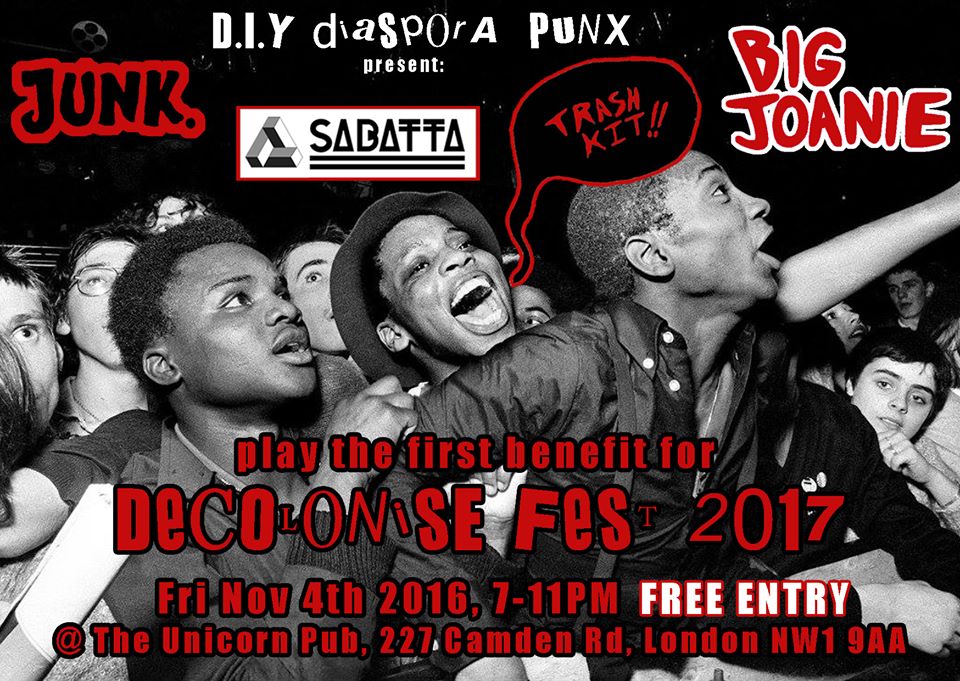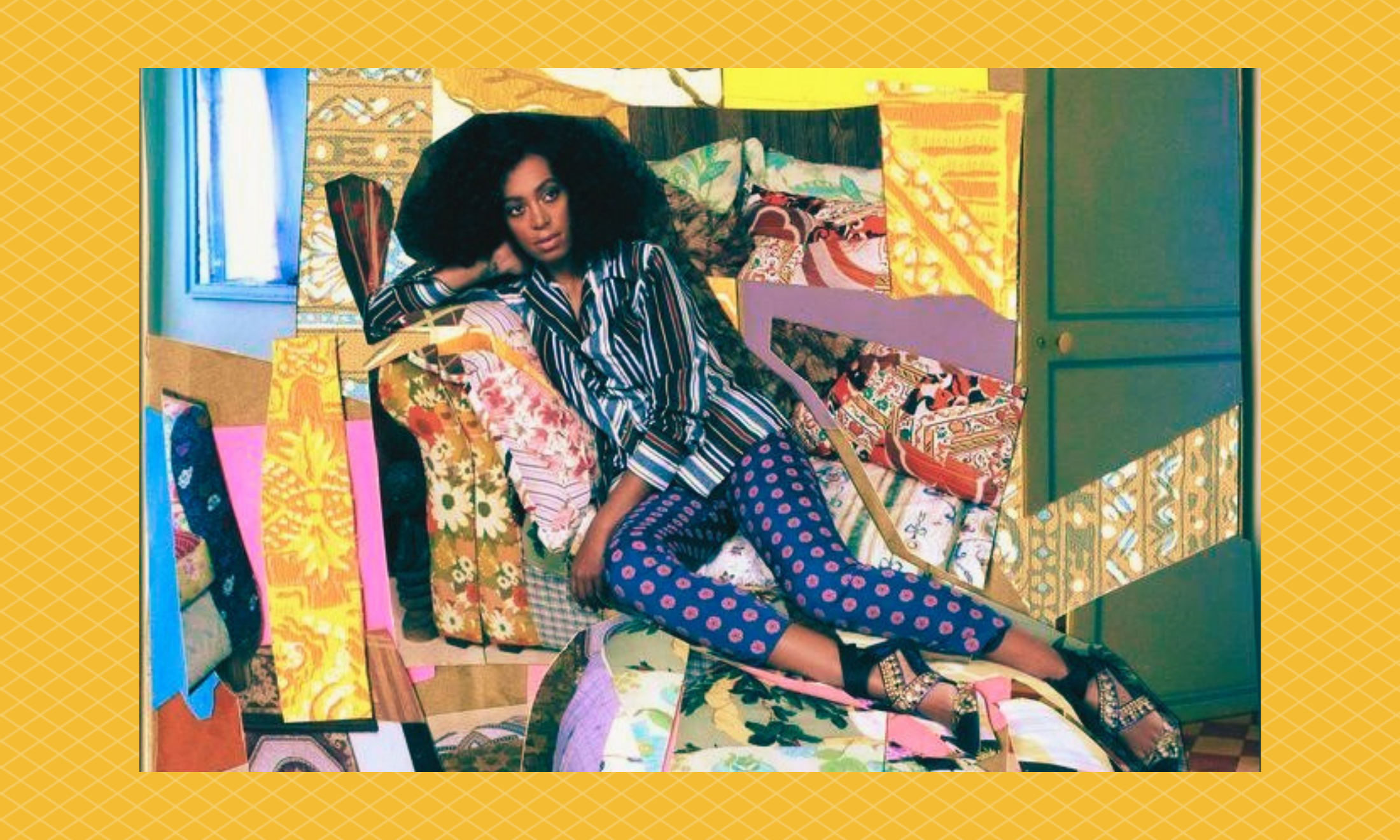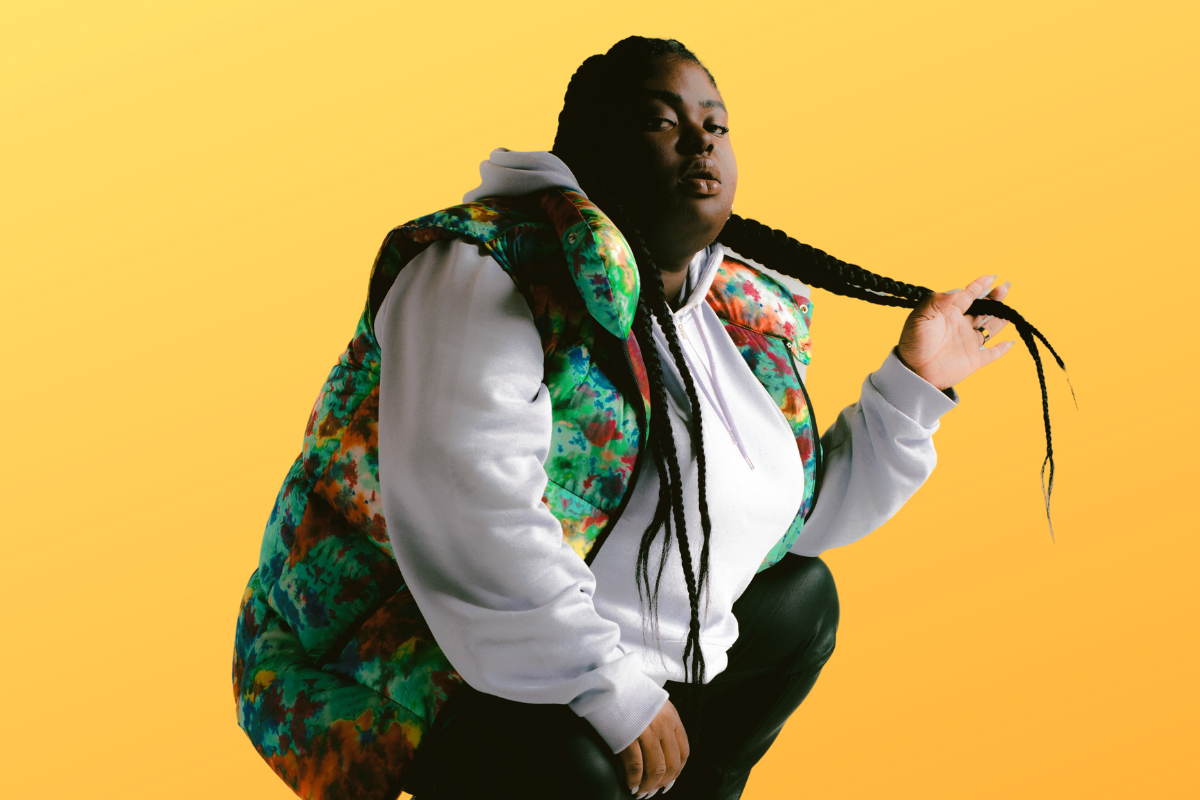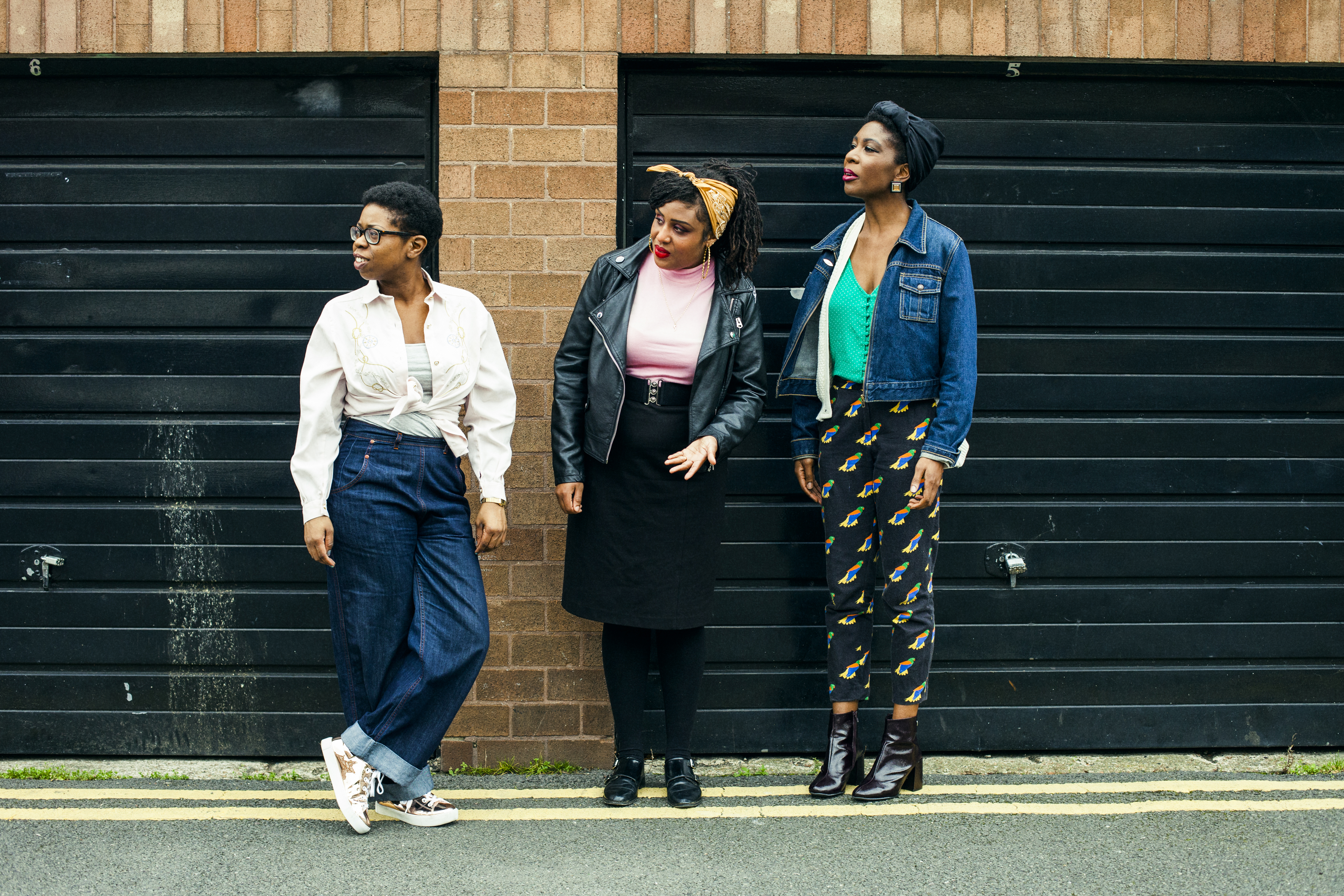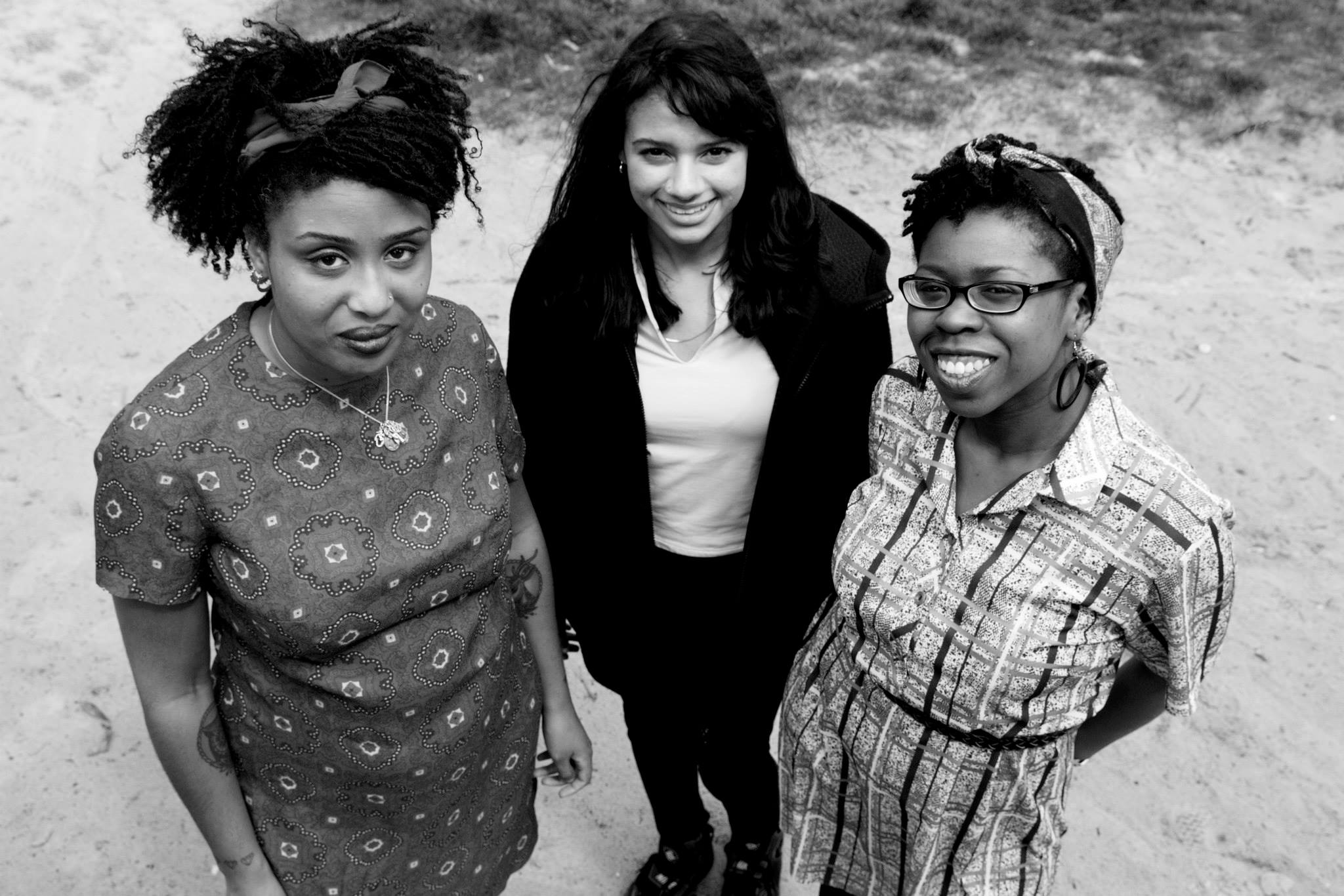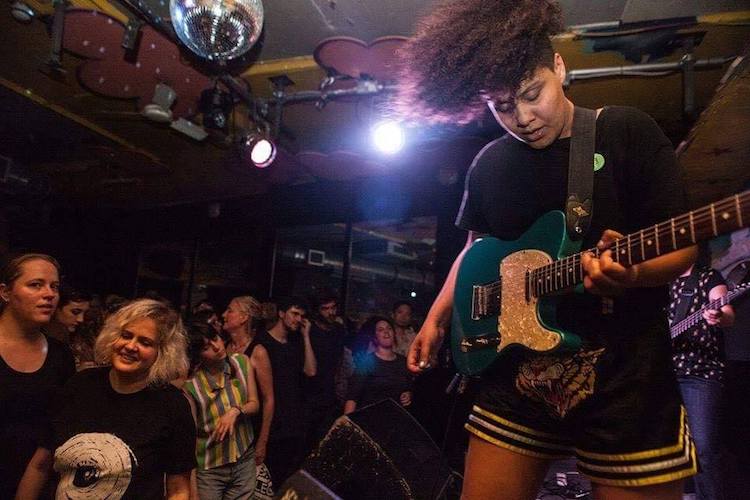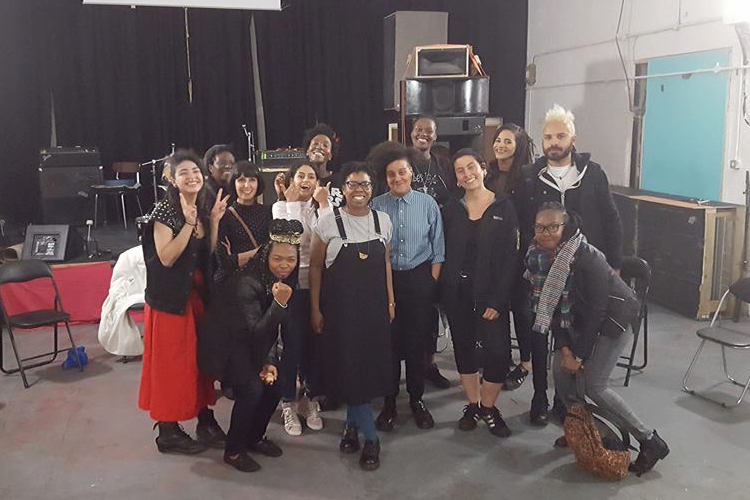
Meet the organiser behind Decolonise Fest: a new music festival by and for punks of colour
Fatma Wardy
02 Nov 2016
Amid the controversy surrounding London’s first ever AFROPUNK festival this September, the voice of actual British afro-punks has been noticeably absent. Anyone who has kept track of AFROPUNK’s expanding line-up over the years to include neo-soul and rap, is well aware of the slow erasure of punk at an event that was founded to celebrate this unique community of Black people who create music that is outside the margins of what is traditionally accepted as “Black culture”.
We should all know by now that Rock ‘n’ Roll was founded by a Black woman and yet non-white punk musicians are routinely excluded from the punk scene as well as their own diasporic communities. For any one of us who grew up listening to “white music”, the idea that your identity can be made invalid by your music taste – something you seemingly can’t control – is a familiar one. Thankfully part of being a punk is an anarchist orientation to the world so if you don’t like something: change it.
And that’s exactly what a group of organisers are planning to do. Fed up with the invisibility of afro-punks both at the upcoming AFROPUNK festival and within the contemporary punk scene, a new collective called DIY Diaspora Punx are in the early stages of founding their own punk festival, by POC punks for POC punks. Chief among them is Stephanie Phillips, the lead singer of Big Joanie and a panellist on gal-dem’s music networking and showcase event, Bridging the Gap. I interviewed Steph to talk about the process that goes in to planning a music festival from scratch and the pressing need as always, for POC-only spaces.
gal-dem: Much has been written about the AFROPUNK London backlash in regards to M.I.A being the initial headliner, yet I know for many in the PoC punk community this line-up and its lack of punk acts was not necessarily a surprise. Can you describe your feelings about AFROPUNK and other music festivals’ failure to recognise PoC punk?
Stephanie Phillips: Well generally, I think many PoC punks feel frustrated with the state of the music industry and the lack of attention that is shown to us. Our contributions to punk and most alternative music genres have never fully been acknowledged or appreciated. There has been little energy devoted to tackling the widespread issue of racism in the punk scene and how the majority all white punk environment can obviously act out the same oppressions on people of colour as the rest of society does. Simultaneously, people of colour have yet to discuss why it’s so hard to acknowledge alternative PoC identities, including punk, within our own communities. There is no real space for punks of colour essentially but that’s why we’re making one.
In light of these frustrations, what do you want to do differently with Decolonise Fest?
Our festival, Decolonise Fest, is run by punks of colour from all backgrounds. We want to create a festival that sheds light on all of the brilliant punks of colour that are integral to the punk community both now and historically. It will give the community an opportunity to relearn our punk history and discover how much influence we had in it. We want to make sure the politics of both punk and our positions as people of colour in the UK are not lost; we want politics to be an inherent part of the festival. It is important to us that we make the festival a safe space free from racism, homophobia, sexism, classism, ableism and transphobia.
Obviously you come from a DIY background so the idea of just making your own space for what you’re trying to champion makes sense. Could you talk for a little bit about how that DIY ethic informs what you do and your politics?
For me DIY is such a revolutionary force as it allows you to take control of your life. If you don’t like the art that’s sold to you make your own. If you don’t like society that we live in envision a more egalitarian version and figure out how that could become a reality. This is how a DIY outlook really informs my politics. It allows me to think outside the box. I think DIY is great for women of colour especially as well. We’re judged so much more harshly than everyone else and have to repress so much of ourselves in the worry about how we might come across that we rarely get the time to be ourselves. DIY punk allows you to let loose and try something new without the fear of failure as everything you try will only get you one step closer to where you want to be.
It is 2016 and we have come a long way in terms of debates about minority representation and the need to create separate spaces for people of colour, and yet you have already faced some obstacles trying to convince the public why a PoC punk fest is necessary. Could you discuss why it is so important to have this festival and what it means for other PoC punk musicians like you and Big Joanie?
Whenever I discuss Big Joanie, which is an all-black feminist punk band, or Decolonise Fest I’m always aware that at least 2 out of 10 people will either not understand the obvious need for PoC spaces or will be offended at the idea that’s we’re organising without white people. It ranges from a lack of education about the realities people of colour face in the UK to just a pure disgust at the idea that we could get along just fine, perhaps even better, without them.
Despite the occasional backlash these spaces are so obviously needed because we have not yet even come close to tackling the systematic racism and oppression that happens in the UK. We work with, live with and love white people every day. We need some time though to reflect on the systems that oppress us and focus on us for once.
When put the call out for the festival I was thinking specifically about all the PoC musicians I knew of who were in every amazing band making music right now. I wanted the festival to give them the acknowledgement and respect they deserved. Also the phrase “you can’t be what you can’t see” is always true. We hope that through the festival more people of colour are inspired to come to more punk shows, get more involved in the scene and start their own bands.
Could you tell us a little bit about how the process of organising the festival is going? Are you close to deciding a date yet?
Well it’s very early days but we’ve decided on a few things. We were trying to think of terms to refer to ourselves that didn’t have any other connotations. As a collective we’re called DIY Diaspora Punx and the festival will be called Decolonise Fest. It’s called Decolonise Fest as we want to decolonise the punk scene. The festival will take place 2-3 June 2017 and we are having a fundraiser on Friday 4 November at The Unicorn.
What is your vision of the perfect PoC punk fest?
I remember watching a video of Audre Lorde talking about the black lesbian parties she used to attend in New York when she was younger. When she was asked what made them so good she said the food. I feel the same way. The perfect POC punk fest would have an amazing spread; one you’d go home dreaming about. It would have talks with elder POC punks, lots of great bands, workshops and space for new bands to play. Hopefully we can make all this happen.
It goes without saying that organising a festival from scratch is a huge feat with many challenges. How can people support you and your team at this time?
It is huge and we might be a little dazed with all of the ideas we came up with but we think we can make it a reality. To support us you can like our page DIY Diaspora Punx on Facebook to follow our updates. If you’re a person of colour and want to get involved with our organising group then message us on Facebook. If you’re not a person of colour but want to help out then please spread the word about Decolonise Fest to everyone you know.
Decolonise Fest will take place on 2-3 June 2017. ‘Like’ them on Facebook for updates.

